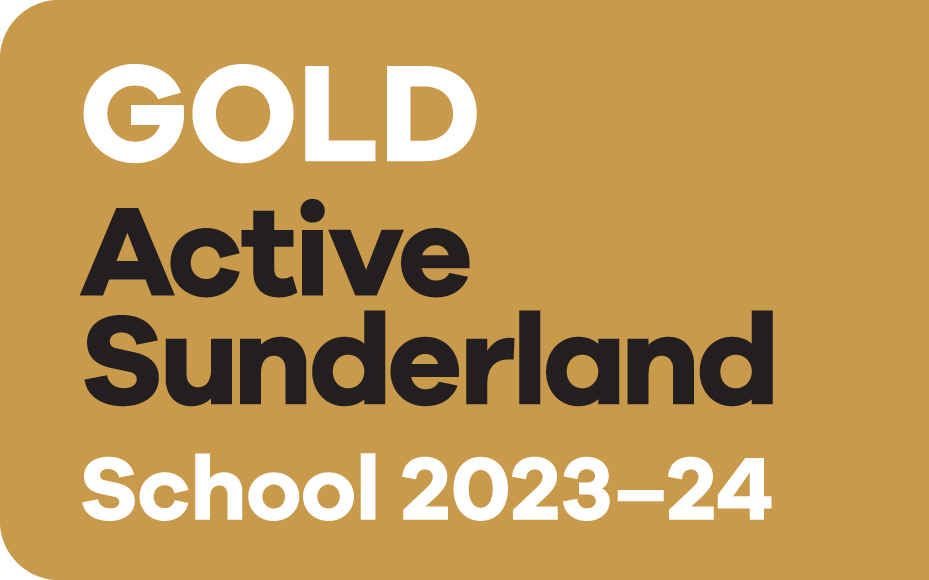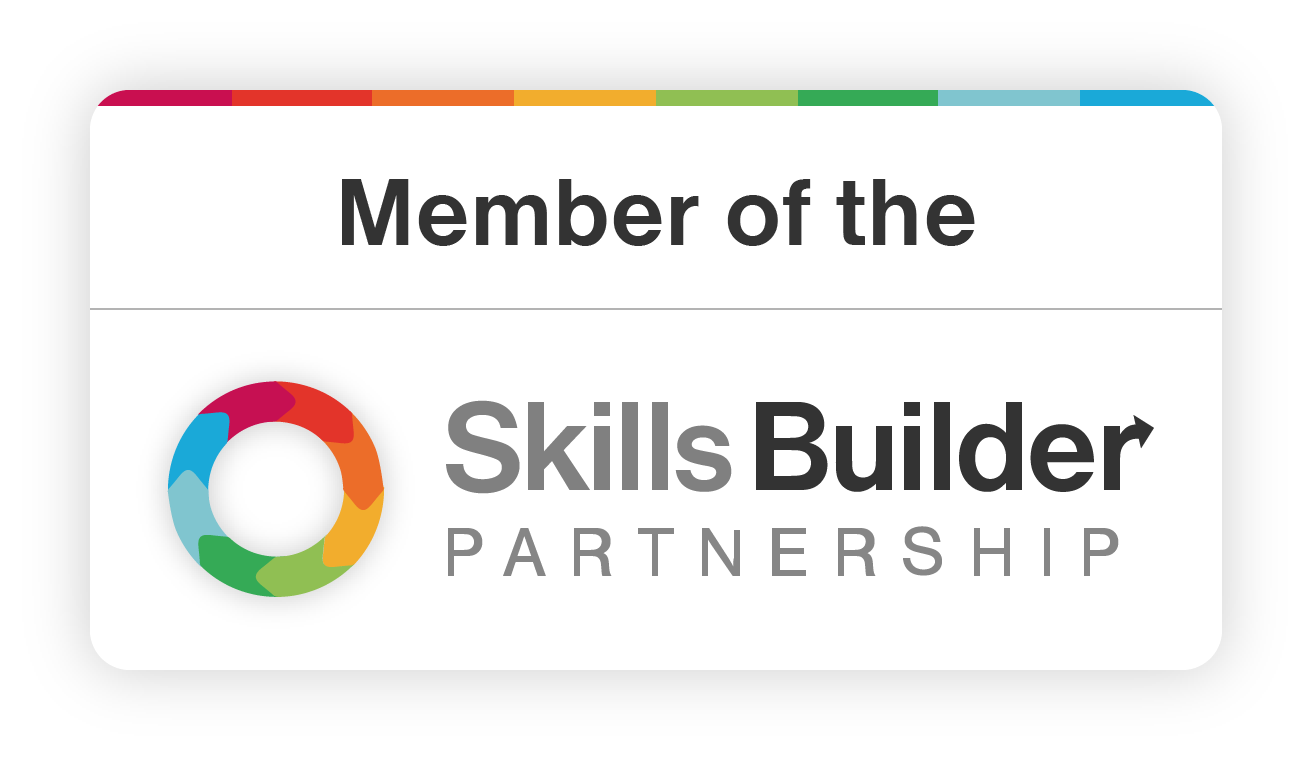Music
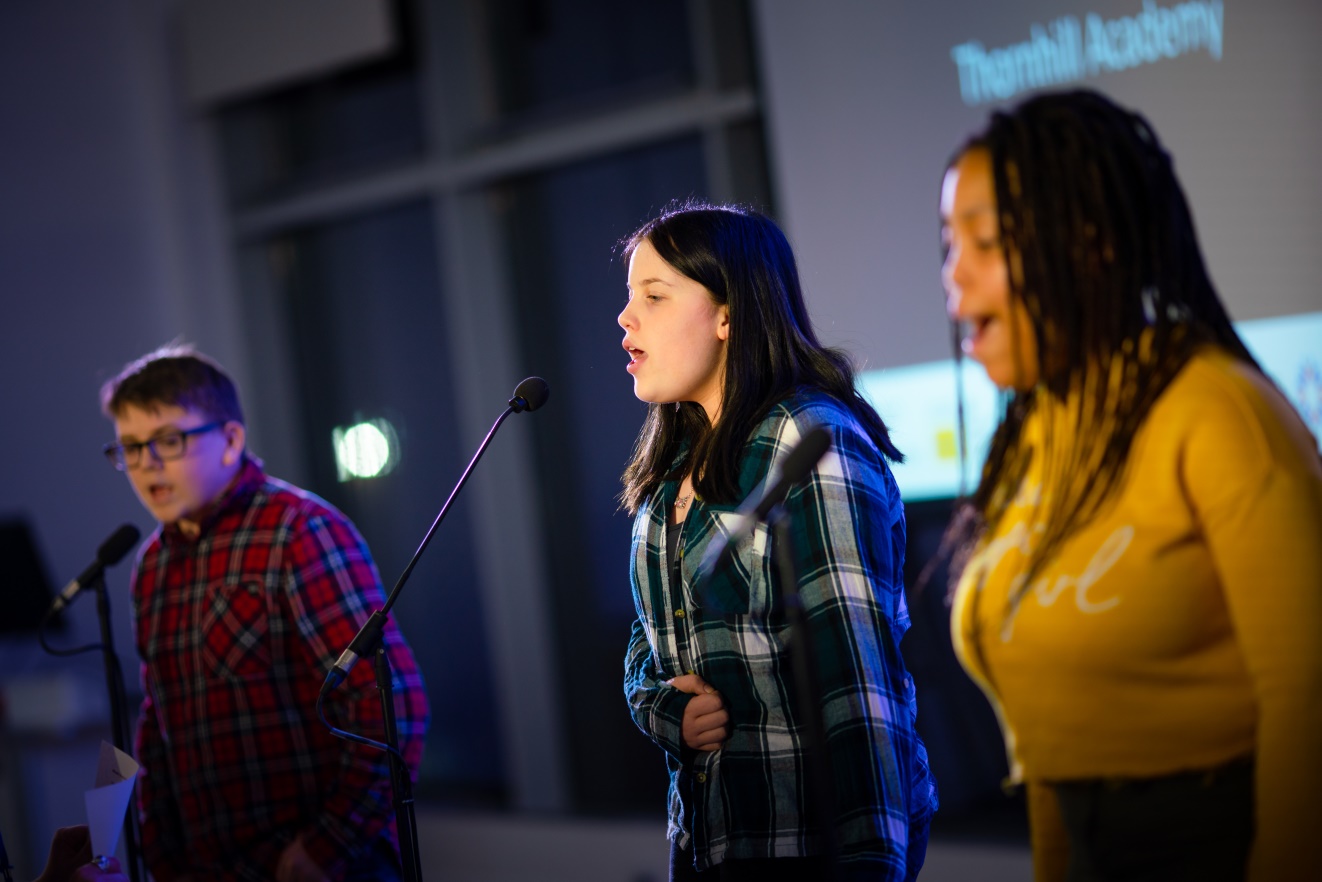
KS3 Music at Thornhill Academy is a creative subject that allows pupils to learn new skills and enjoy making music with other people. KS3 units are designed progressively to build upon on prior learning whilst helping to prepare pupils for their next steps. Pupils have the opportunity to deepen their understanding of a range of genres and traditions through active listening, performing and composing.
From Y7, pupils are exposed to a wide range of music and guided listening activities allow them to develop the ability to talk critically about what they can hear using appropriate musical terminology. Pupils spend much of their time performing on a range of instruments, both solo and in ensembles, exploring increasingly complex music as they develop their practical skills. Pupils also learn the foundations of composing and improvising, beginning with creating melodies and rhythms and as they progress through KS3, they are given the opportunity to develop extended compositional ideas. Each pupil who studies music receives an account on Soundtrap, a world-class cross-platform digital audio workstation for our students to continue to create music in their homes.
Building confidence and resilience are essential skills that are developed through our curricular and extra-curricular activities. In addition to peripatetic drum, guitar, keyboard and vocal lessons, pupils have access to enrichment opportunities including ukulele club, Samba band and Choir. Pupils also benefit from performance opportunities, both in school with our ‘Good Morning Thornhill gigs’ and in the wider community. We actively seek opportunities to encourage pupils to participate in public events such as ‘Search for a Star’ and ‘City Sings’.
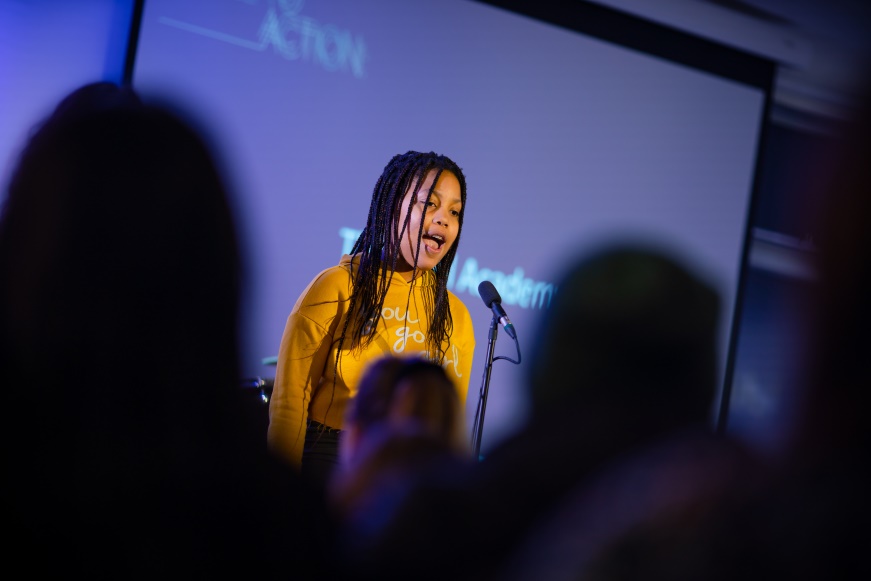
At Key Stage 4, pupils will continue on their musical journey as they follow the Eduqas GCSE Syllabus. Allowing growth in performing, listening skills and compositions. Composing skills will be progressed as students work on producing one composition during each academic year this will represent 30% towards their final grade. Working closely with our excellent peripatetic teachers pupils will continue to improve their instrumental skills and will produce a solo and ensemble performance that will count for 30% towards their examination. Listening skills will account for the final 40% of the final grade as students study set works and increase their aural aptitude and knowledge of musical devices. Pupils will develop leadership skills as they play an active part in the music department helping and supporting all wider curriculum activities and participating in a planning role in all future musical visits.
Further Careers
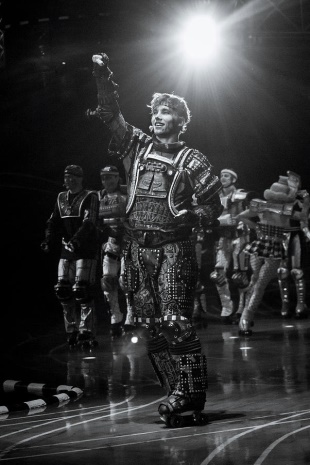

Michael Pickering playing Rusty in Starlight Express. Ben Forster playing the Phantom in The Phantom of the Opera
Music can be studied at AS and A level and degree level. A wide range of post 16 courses exists at Sixth Form and performing arts colleges. We are very proud of our former pupils and have a strong relationship with them and, as many have often graced professional theatres around the world, we utilise this bond for pupils to see the clear progression from school pupil to professional musician. Former pupils include; Ben Forster, Michael Pickering, Bruce Khan, David and Barry Hyde (Futureheads) and Gary Watson.
Curriculum Support
Please find below all the support documents you need for music.
Year 7
|
Yr7 |
Foundations of Music Use of the Keyboard to demonstrate elements of music. Play keyboard with right hand (5 notes, 5 fingers) Ensemble skills- listening skills, playing in time, listening and appraising music to successfully identify the elements of music by combining at least 2 elements of music in a composition through creative improvisation |
Timbre of Instruments Use of keyboard to demonstrate different instruments and sections of the orchestra. Aural recognition of instruments. Listening and appraising music to identify musical instruments. Listening to Danse Macabre and Schindler’s List (next unit foreshadowing) Knowledge of the layout of an orchestra. Role of the conductor. Playing “Ode to Joy” on the keyboard. |
Film music: action, thrillers, spy films, film music, horror music, haunted houses, leitotif, sci-fi, James Bond, Westerns, Dictation and theory. Composition skills are developed as pupils create their own film soundtracks. |
Film Music: Leitmotifs are an important aspect of film music and pupils explore how composers have used these to represent certain characters and situations within films and how, through the manipulation of the elements of music, these can be changed to suit different on-screen situations |
Around the world in 7 lessons: Identification of new musical instruments and their country of origin. Use of the Keyboard to play Samba de Janerio. Ensemble skills-listening skills, playing in time, listening and appraising music to successfully identify the country of origin. |
Dance Music: line dance, folk and Irish jig, improvised, Latin, march music, Baroque, Waltz, theory. Pulse, time and metre, simple time, simple triple, simple quadruple, simple and compound, chords, characteristics of rhythms |
Year 8
|
Hooks and Riffs: Bolero, Patterns, Habanera, Sweet Dreams, Word up, WWRY, Hook, riff, melody, accompaniment, repetition, ground bass, canon, |
Popular Song: Keyboard and ensemble skills are further developed as pupils perform the bassline to stand by me. Timing – ensemble playing to a track. |
Form and structure: This unit begins by establishing what "form and structure" is in music and why form and structure is important. Through performing, composing and improvising. Questioning and answer phrases, Binary Form, Ternary Form and Rondo Form. |
Form and Structure: Use of performing skills to learn form and structure. Play keyboard with right-hand Ensemble skills-listening skills, playing in time, listening and appraising Music to successfully identify Form and structure. Composition skills to demonstrate learning |
Periods of Music: A study of the Baroque and classical periods of Music. Touching on the great composers (Mozart, Beethoven, Bach), looking at their music and history. Studying “ground Bass” as a musical device, allowing pupils to see the connection to previous learning. “ostinato , riff” |
All about the bass: Bass Clef Reading and Notation forms the foundation of this unit, which explores a range of commonly used Bass Line Patterns within a variety of different types, styles, and genres of music from different times and places. |
Year 9
|
All that Jazz: blues, performing and improvising, ragtime, theory |
Themes and Variations: listening tasks, ground bass, media themes. |
Soundtracks/Video Game Music: The unit can be effectively delivered solely through using a standard range of classroom instruments – tuned and untuned percussion and is enhanced by having keyboards with a range of voices, tones and timbres and sound effects. Alternatively, ICT can be used when pupils create their own computer and video game music. |
Soundtracks/Video Game Music: The characteristic musical features of much computer and video game music: jumping bass lines, staccato articulation, chromatic movement and syncopation are included as musical knowledge through composing and performing tasks |
Ensemble Skills: Further instrumental skills are developed as pupils play keyboard, ukulele, bass guitar and drums.
Listening skills are developed as pupils listen to further orchestra music. |
Performance Skills: Pupils continue to enhance their instrumental playing and start to form peer ensemble groups as pupils celebrate the end of their KS3 musical journey. |


